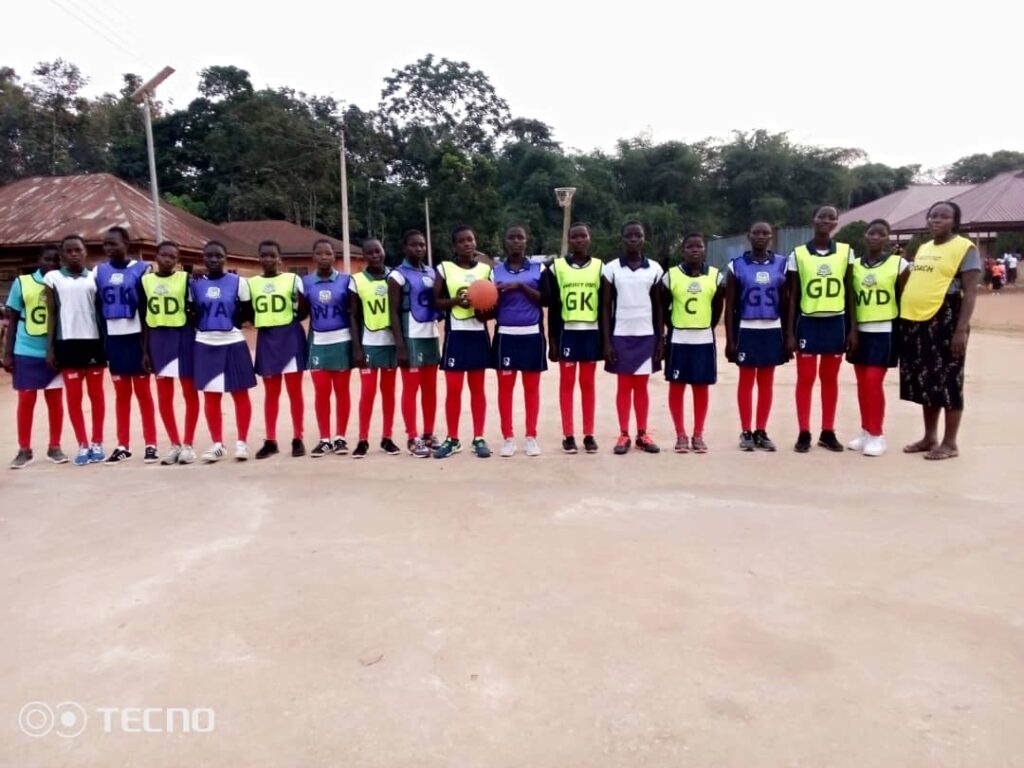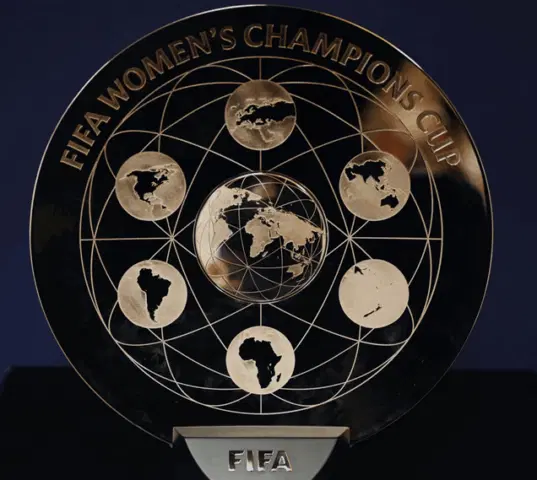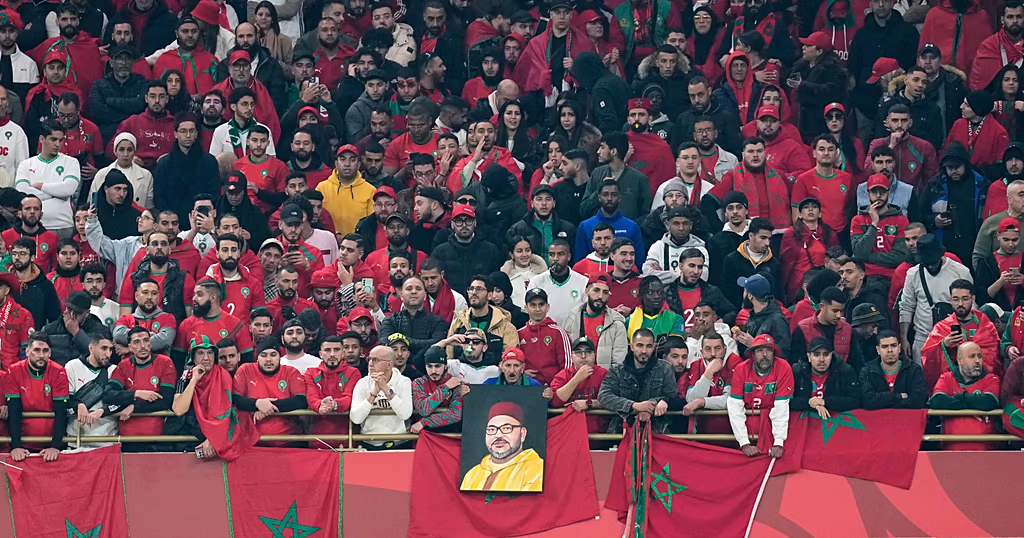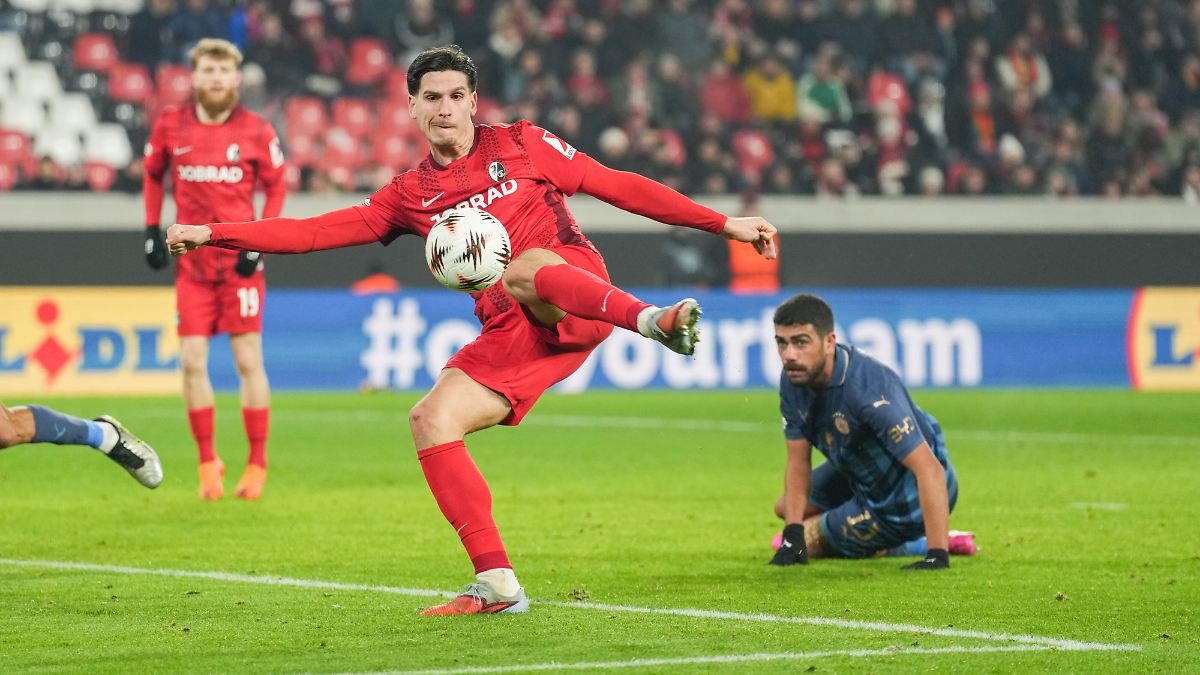BENIN CITY – The children and youths of the IDPs Uhogua Camp in Benin City have emerged victorious in the maiden edition of the Mary Waya Award—a recognition celebrating not only their sporting prowess but also the transformative power of netball in overcoming adversity.
Named in honour of Mary Waya, the current co-coach of the Malawi national netball team, the award pays tribute to her courageous act during the COVID-19 outbreak. In 2020, despite the risks posed by the pandemic, Waya journeyed to Nigeria and trained 24 Nigerians to become certified Netball Africa coaches. “Mary Waya’s selfless commitment reminds us that sport can be a powerful tool in uniting communities and healing emotional wounds,” stated a representative of the Trustees of the CSED Initiative, the organization behind the award.
Since that groundbreaking moment, Mary Waya’s legacy has continued to inspire. Through the CSED Initiative’s “Project 2027” programme, more than 370 physical education teachers and community youths have received free training. This ambitious project aims to introduce netball to one million Nigerian schoolgirls, fostering both athletic and personal development across the country. In a further bid to integrate technology with sports, the Initiative has also launched “Sporting Coders,” a pilot programme designed to teach selected Nigerian secondary school girls coding and computing skills alongside their netball training.
Netball, traditionally seen as a sport for girls and women, is undergoing an exciting transformation. With the support of kits donated by Lord’s Taverners, the CSED Initiative is now trialling the inclusion of boys in selected schools. The impressive performance of the netball team from Tare Pet School in Bayelsa State has already sparked interest among male students, as several schools—including Oyemekun Grammar School in Akure, C.S.C.S. Itam in Akwa Ibom State, Christlike School in Benin City, and University Secondary School in Nsukka—explore the possibility of forming male netball teams.

Mary Waya herself has praised the management of the Uhogua IDP Camp for harnessing netball to support the emotional recovery of its residents, many of whom are Nigerians from the North affected by the Boko Haram insurgency. Beyond netball, the camp’s residents actively participate in football and cricket tournaments against secondary schools in Benin City, demonstrating a multifaceted approach to community engagement and resilience.
The Mary Waya Award comes with a one-off cash prize of 150,000 naira, earmarked to further support sports and educational activities within the winning community. This financial boost is particularly significant in a camp where over 200 residents are pursuing higher education across various Nigerian universities. Notably, former camp resident Amo Ishaku, who earned a first-class bachelor’s degree in Engineering from Edo State University Iyamho, recently secured a PhD scholarship at the University of Illinois, Chicago. However, many residents still face daily challenges, including insufficient funds to cover basic needs, school fees, and proper nutrition for the camp’s 4,000-plus inhabitants.
The success of the Uhogua Camp team and related initiatives has also raised pressing questions about governmental support for vulnerable Nigerians, particularly internally displaced persons (IDPs). Observers are calling for clarity on the roles of Federal, State, and Local governments in extending assistance to these communities. Critical issues include the effectiveness of cash transfer programmes, the potential establishment of a dedicated intervention fund, and the need for documented IDPs to access free education and vocational training.
Furthermore, the limitations of the Children’s Rights Act 2003 have come under scrutiny. Critics argue that the Act does not adequately define the responsibilities of the three tiers of government in supporting citizens at risk of destitution, a gap that has become increasingly apparent amid widespread displacement. Social administrators and policymakers are now urged to consider amending the relevant sections of the Act to ensure that vulnerable populations, such as IDPs, receive the comprehensive support they urgently need.
As the impact of Mary Waya’s work continues to resonate, the story of the Uhogua Camp youths stands as a testament to the enduring power of sport—not only as a means of athletic achievement but also as a vehicle for social change, community empowerment, and educational advancement in Nigeria.




